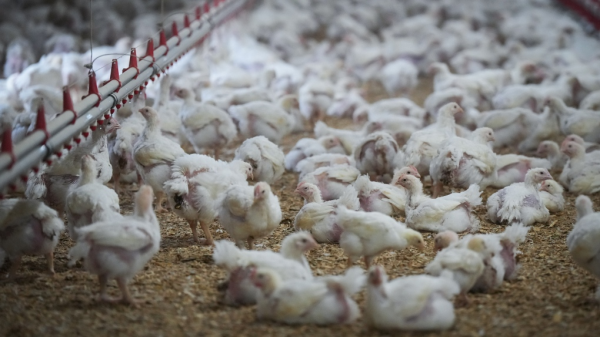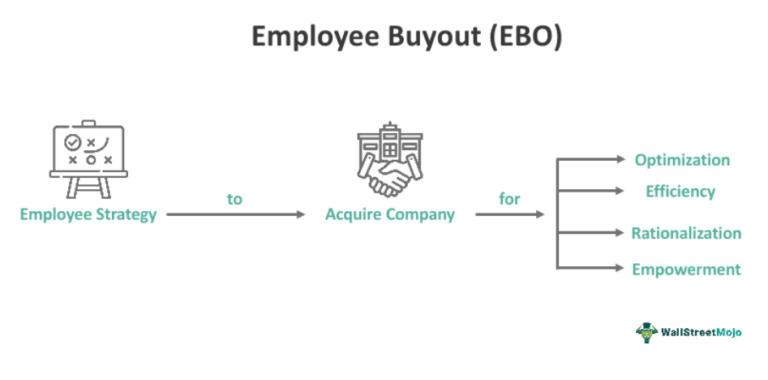
Audience
- Sentiment: Neutral
- Political Group: Moderate to Liberal
- Age Group: 18-45
- Gender: Female
Overview
- The bird flu outbreak has led to a significant increase in egg prices, with a reported rise of 53% over the past year.
- Grocery stores are imposing purchase limits on eggs due to supply shortages, causing frustrations among consumers.
- There is a notable increase in the popularity of vegan egg alternatives as consumers seek substitutes for traditional eggs amid rising prices.
The Bird Flu Outbreak and Its Impact on Egg Prices: What You Need to Know
Have you noticed that the price of eggs has skyrocketed lately? You’re not alone! Millions of people across the United States are feeling the pinch in their wallets when it comes to buying this breakfast staple. But why has this happened? The primary culprit is a widespread outbreak of bird flu, specifically the H5N1 strain, which has caused significant disruptions in the poultry industry. In this article, we’ll explore what bird flu is, how it is affecting egg prices, and other fascinating aspects of this crisis.
What Is Bird Flu?
Bird flu, or avian influenza, is a viral infection that primarily affects birds. There are different strains of bird flu, but H5N1 is one of the most dangerous ones. It can spread rapidly among bird populations and can also infect humans, although the risk of widespread infection among people is still considered low. In the United States, authorities are keeping a close eye on the situation, especially since there have been 69 confirmed human cases in 12 states, including one tragic death.
Birds, particularly domestic poultry like chickens, ducks, and turkeys, are the most susceptible to this virus. When infected, they can transmit the virus through their saliva, nasal secretions, and droppings. Because of this, farmers often need to cull (which means to kill) large numbers of birds to prevent the disease from spreading further. It’s like a chain reaction—if one bird gets infected, the whole farm could be in danger!
How Is Bird Flu Affecting Egg Prices?
As a result of the bird flu outbreak, millions of birds have been culled from farms across the country. This leads to a significant decrease in the overall egg supply. Just think about it: if there are fewer chickens laying eggs, the supply of eggs available to consumers is going to dwindle. Unfortunately, when demand remains high (which it always does for eggs, a popular item in many dishes and breakfasts), prices are forced to go up. In fact, egg prices have jumped an astonishing 53% over the past year! Some retailers even reported increases of up to 15% just in January alone.
You might be wondering, “Why are eggs so important anyway?” Well, eggs are a versatile food. You can scramble them for breakfast, boil them for lunch, or use them as a key ingredient in baking cookies and cakes. Essentially, they are a staple in many households, which makes the price spikes even more challenging for families trying to plan their grocery budget.
Grocery Store Limits and Shopping Challenges
As egg prices have soared, many grocery stores have started placing limits on the number of cartons one customer can buy at a time. This is to help manage the dwindling supply and ensure that more people can access eggs. So, if you’ve gone to the store and found that you can only buy a couple of dozen at once, you now know why!
These purchase limits can be incredibly frustrating for shoppers. It’s that classic case of scarcity where the demand far outweighs the supply. You may have heard people say, “If it’s not one thing, it’s another” because even buying eggs now feels like a treasure hunt. Some consumers are turning to online shopping or local farmers’ markets in hopes of finding more affordable eggs, but these options may also have limited availability.
The Rise in Vegan Egg Alternatives
With the egg supply limited and prices soaring, many people are looking for alternatives. Have you ever tried a vegan egg substitute? Brands like Eat Just have reportedly seen huge growth in sales as more consumers turn to plant-based options. These alternatives can include products made from ingredients like chickpeas, algae, or even soy. Though they might not taste exactly like traditional eggs, they provide a way for people to enjoy egg-like dishes without needing actual eggs.
This shift towards vegan alternatives also makes you think about how people’s eating habits are evolving. Many people are becoming more health-conscious or are looking to reduce their environmental footprint. Dropping eggs from their diets might be an appeal if they feel like this is a healthier choice. Some have even found that they enjoy these alternatives enough to stick with them even after the egg shortage passes.
Legislative Measures to Combat the Shortage
As the egg crisis continues, lawmakers have stepped in to help find solutions. In Nevada, for example, legislators are considering measures that would allow the temporary sale of non-cage-free eggs. This means that stores would have the option to sell eggs from hens that aren’t kept in more humane cage-free conditions. While this may help alleviate some shortages in the short term, it raises ethical questions about the treatment of animals. Many consumers favor cage-free or free-range eggs for their perceived benefits to animal welfare, so this measure is not without controversy.
A Look at Public Health
Even though the current outbreak of bird flu primarily affects poultry, public health officials are keeping a close watch. The risk to humans remains relatively low, but health experts are advising people to avoid contact with sick or dead birds. It’s important to remember that while the chances of contracting bird flu from eggs are minimal, food safety practices are still vital when handling or cooking eggs.
Public health officials are also urging consumers to be aware of how bird flu spreads. Since it can occur through fluids from sick birds, avoiding farms or areas where infections have been reported is wise. Keeping good hygiene practices, like washing hands after touching raw eggs or poultry, is crucial to preventing the spread of diseases.
Conclusion: Facing the Future
As this bird flu outbreak continues to affect egg prices and availability, it raises several questions about food security, animal welfare, and public health. With prices soaring and purchase limits being set, every grocery trip becomes a little more complicated, and consumers need to adapt.
In a way, this situation teaches us more than just about economics or health; it reminds us of the interconnectedness of our food supply, animal welfare, and public health practices. It’s a complex web that affects so many aspects of our daily lives.
So, with all these changes happening around us, what do you think about the future of egg prices? Do you think this trend towards vegan alternatives will stick? Share your thoughts in the comments below!





